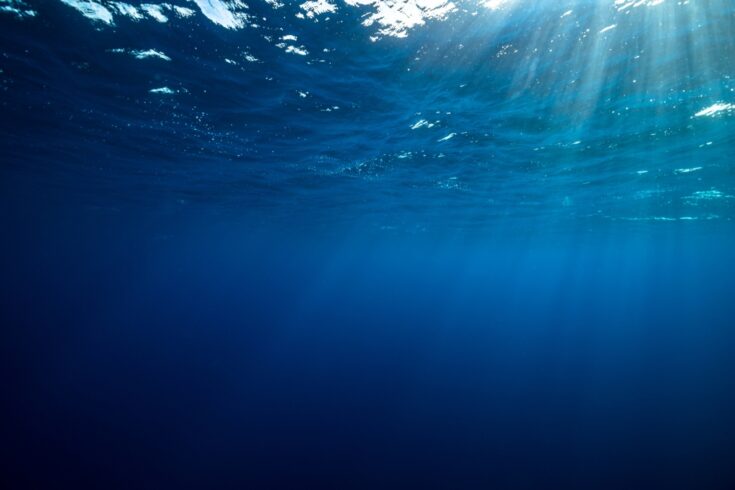With UKRI’s commitment to achieve net zero by 2040, NERC has launched a 12-month scoping study to move towards a net zero oceanographic capability.
NERC’s current marine infrastructure contributes over two thirds of its carbon emissions, largely through the operation of three large research ships:
- RRS James Cook
- RRS Sir David Attenborough
- RRS Discovery.
While the ships, other marine infrastructure, and support services provide the UK environmental science community with a world-leading oceanographic capability, it does so with a high carbon cost.
The Net Zero Oceanographic Capability (NZOC) scoping project will look to the future of marine science and provide a series of infrastructure, research, and development options that could reduce the carbon emissions of the UK’s oceanographic infrastructure towards net zero, while maintaining its world-leading capability.
It will involve careful consideration of both current and future marine research, including drivers of change, enabling novel technologies such as autonomy and sensors, and constraining factors and risks.
NZOC will host a series of community workshops and engagement activities to:
- explore the future priorities and challenges for marine science infrastructure
- assess current and emerging technological solutions, developments and trends
- develop options for infrastructure investments and research and development programmes to realise a net zero oceanographic capability.
As the UK’s centre of excellence for oceanographic research, the National Oceanography Centre (NOC) will lead the £250k NZOC scoping project with support from:
- University of Bristol
- Defence Science and Technology Laboratory (DSTL)
- University of Portsmouth
- Royal Navy
- Royal Holloway University (RHUL, UoL)
- Met Office
- Plymouth Marine Laboratory (PML).
Dr Iain Williams, Director of Strategic Partnerships at NERC, said:
This important NERC investment will set the direction for the future of UK marine science infrastructure. This future will be different to the past, as we harness new and emerging technologies that will simultaneously enhance our research capability and knowledge of the oceans and help us to meet the UKRI target of net zero emissions by 2040.
I encourage the marine science community to engage in this project to help us shape the oceanographic research infrastructure of the future to meet the scientific challenges of the coming decades.
Mr Leigh Storey, Associate Director of National Marine Facilities at National Oceanographic Centre and NZOC Principle Investigator said:
The replacement of a modern research ship is normally a decade-long process. However, the advances in technology are opening up opportunities which require a genuinely strategic view to be taken regards the UK’s next generation of oceanographic research infrastructure.
The 20th century paradigm must give way to a low-carbon system and that shift must consider the science and policy needs alongside the technological opportunities.
Further information
For further information, please see the NOC website or contact Thomas Robinson via capitalrequirements@nerc.ukri.org

